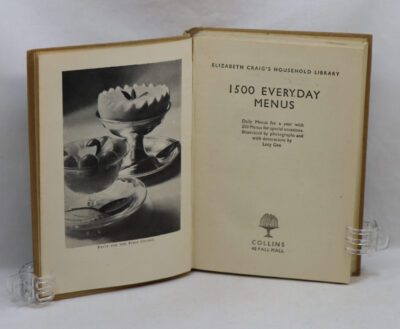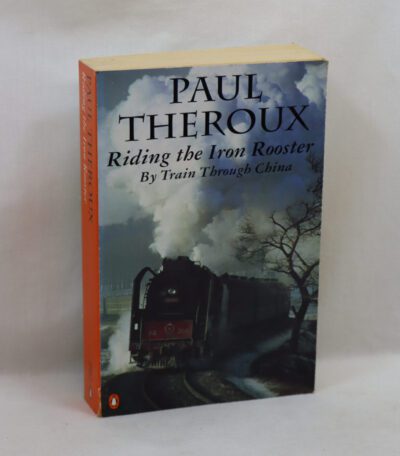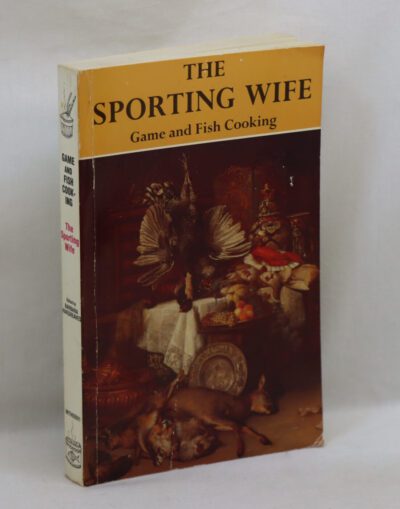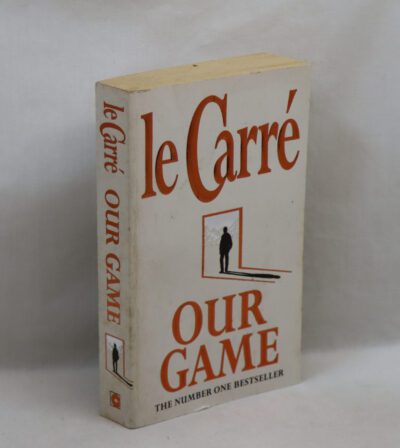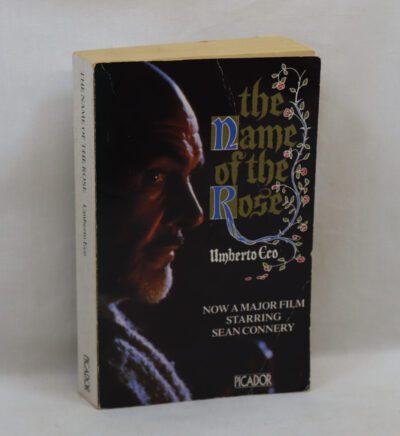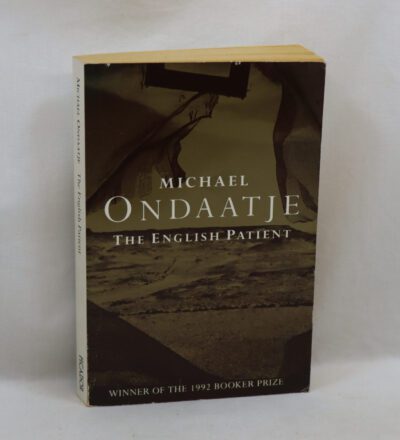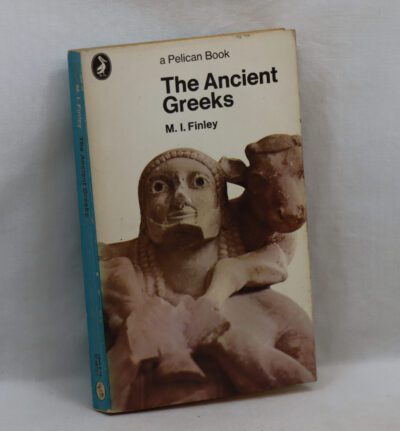Giants and Dwarfs.
By Allan Bloom
ISBN: 9780671707774
Printed: 1990
Publisher: Simon & Schuster. London
| Dimensions | 16 × 24 × 3 cm |
|---|---|
| Language |
Language: English
Size (cminches): 16 x 24 x 3
Condition: Very good (See explanation of ratings)
Item information
Description
In the original dust jacket. Blue cloth spine with gilt title. Orange boards.
- We provide an in-depth photographic presentation of this item to stimulate your feeling and touch. More traditional book descriptions are immediately available
Note: This book carries a £5.00 discount to those that subscribe to the F.B.A. mailing list.
A collection of essays on teachers, books and education, from the author of “The Closing of the American Mind”. In this book, current liberal theories of justice are criticized, the shortcomings of the modern university are analyzed and the works of Shakespeare, Swift and Plato are examined.
Review: A remarkable series of essays written by one of our great philosophers who had so much to say about humanity, the fall of academia and its impact on civilization. Bloom needs to be rediscovered. A truly brilliant thinker whose light of wisdom we should recognize and embrace.
Allan David Bloom (September 14, 1930 – October 7, 1992) was an American philosopher, classicist, and academician. He studied under David Grene, Leo Strauss, Richard McKeon, and Alexandre Kojève. He subsequently taught at Cornell University, the University of Toronto, Tel Aviv University, Yale University, the École normale supérieure, and the University of Chicago.
Bloom championed the idea of Great Books education and became famous for his criticism of contemporary American higher education, with his views being expressed in his bestselling 1987 book, The Closing of the American Mind. Characterized as a conservative in the popular media, Bloom denied the label, asserting that what he sought to defend was the “theoretical life”. Saul Bellow wrote Ravelstein, a roman à clef based on Bloom, his friend and colleague at the University of Chicago.
Bloom was born in Indianapolis, Indiana, to second-generation Jewish parents who were both social workers. The couple had a daughter, Lucille, two years earlier. As a thirteen-year-old, Bloom read a Reader’s Digest article about the University of Chicago and told his parents he wanted to attend; his parents thought it was unreasonable and did not encourage his hopes. Yet, when his family moved to Chicago in 1944, his parents met a psychiatrist and family friend whose son was enrolled in the University of Chicago’s humanities program for gifted students. In 1946, Bloom was accepted to the same program, starting his degree at the age of fifteen, and spending the next decade of his life enrolled at the university in Chicago’s Hyde Park neighborhood. This began his lifelong passion for the ‘idea’ of the university.
In the preface to Giants and Dwarfs: Essays, 1960–1990, he stated that his education “began with Freud and ended with Plato”. The theme of this education was self-knowledge, or self-discovery—an idea that Bloom would later write, seemed impossible to conceive of for a Midwestern American boy. He credits Leo Strauss as the teacher who made this endeavor possible for him.
Bloom graduated from the University of Chicago with a bachelor’s degree at the age of 18. One of his college classmates was the classicist Seth Benardete. For post-graduate studies, he enrolled in the University of Chicago’s Committee on Social Thought, where he was assigned classicist David Grene as tutor. Bloom went on to write his thesis on Isocrates. Grene recalled Bloom as an energetic and humorous student completely dedicated to studying classics, but with no definite career ambitions. The committee was a unique interdisciplinary program that attracted a small number of students due to its rigorous academic requirements and lack of clear employment opportunities after graduation. Bloom earned his Ph.D. from the Committee on Social Thought in 1955. He subsequently studied under the influential Hegelian philosopher Alexandre Kojève in Paris, whose lectures Bloom would later introduce to the English-speaking world. While teaching philosophy at the École normale supérieure in Paris, he befriended Raymond Aron, amongst many other philosophers. Among the American expatriate community in Paris, his friends included writer Susan Sontag.
Bloom’s last book, which he dictated while in the hospital dying, and which was published posthumously, was Love and Friendship, an offering of interpretations on the meaning of love. There is an ongoing controversy over Bloom’s semi-closeted homosexuality, possibly culminating, as in Saul Bellow’s thinly fictionalized account in Ravelstein, in his death in 1992 from AIDS. Bloom’s friends do not deny his homosexuality, but whether he actually died of AIDS remains disputed.
Want to know more about this item?

Share this Page with a friend




